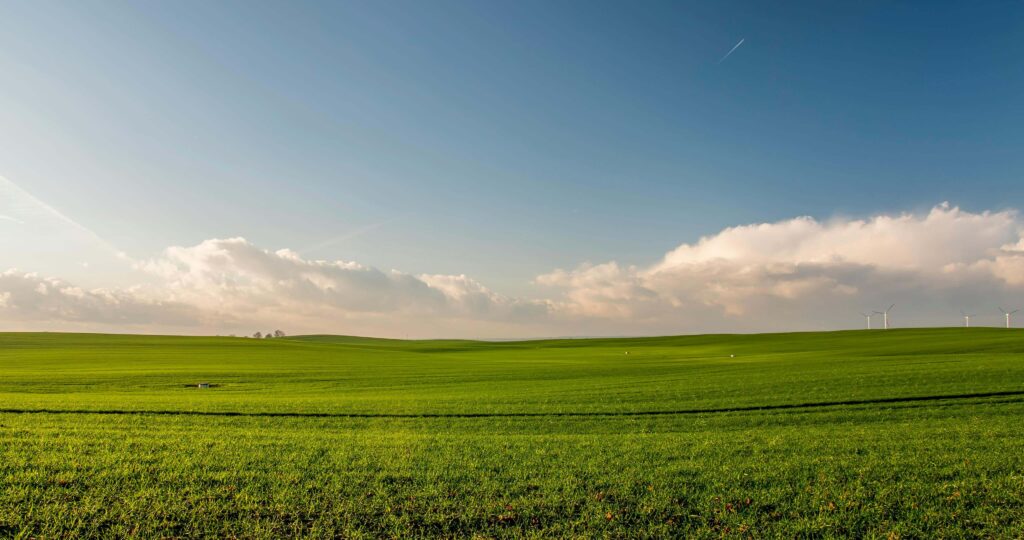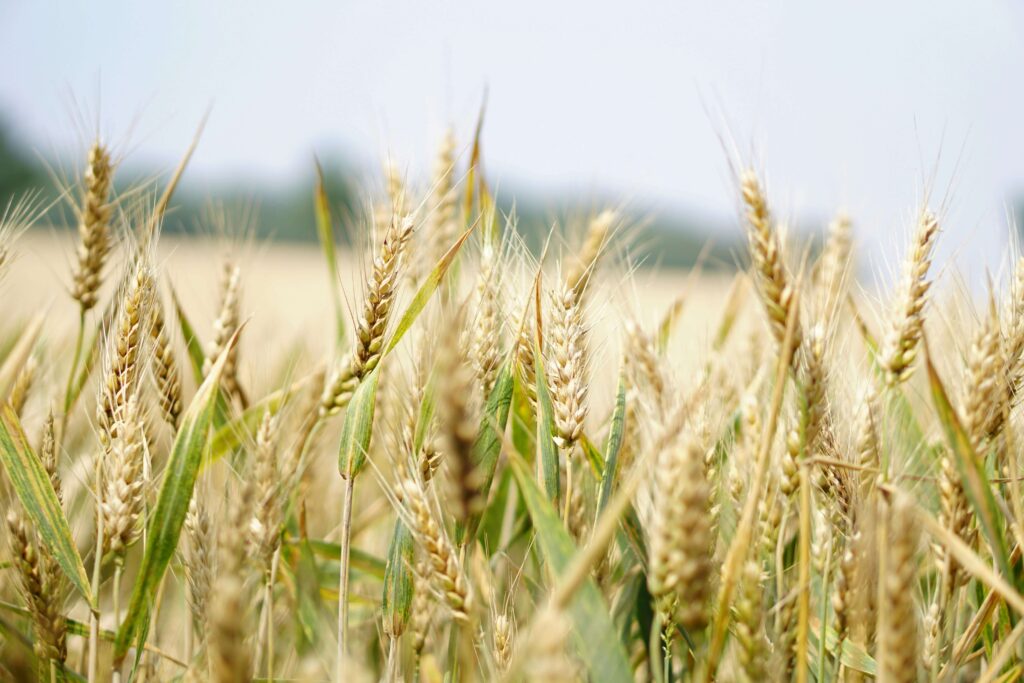How to Determine Fair Market Value of Farmland: A Comprehensive Guide
Imagine standing on a vast expanse of fertile soil, the sun rising over rolling fields as a gentle breeze carries the scent of earth and crops. This is not just land; it’s a living, breathing asset with the potential to feed communities, sustain livelihoods, and grow wealth.
But how do you determine the value of such a precious resource?
Valuing agricultural land is different from valuing residential, commercial, or industrial properties. Understanding these nuances is crucial if you’re looking to buy, sell, or invest in farmland.
Let’s explore the factors and methods that influence farmland value, and discover how you can make informed decisions in this unique segment of the real estate market.
Key Factors Influencing the Value of Agricultural Land

When determining the value of agricultural land, several unique factors that influence the overall production and profitability of the land come into play, including climate, quality of the soil, and access to resources (like water).
Soil Quality
The productivity of the farmland is directly linked to soil type and quality, so this is a top factor to consider. High-quality, fertile soil typically increases the value of agricultural land. Soil tests are generally part of the valuation process.
Soil analysis determines the type of soil and the type of crop that is best suited for that soil, as well as nutrient levels, pH, and composition. When doing a soil analysis, it is best to find comps with a similar soil and similar crop product values.
Water Availability & Rights
Access to water is critical for farming. Properties with water resources and access to water sources such as rivers, lakes, or irrigation systems are often more valuable. In regions where water is scarce, the availability of water can significantly impact land value.
Location & Accessibility
Proximity to local area markets, infrastructure, and transportation networks can enhance the value of your agricultural property. Access to roads, processing facilities, and distribution channels reduces transportation costs and increases overall profitability.
Climate
The local climate plays a crucial role in determining what livestock and crops you can support, the length of the growing season, and the overall quality of the produce. Favorable weather conditions can enhance productivity and, in turn, property value.
Zoning & Land Use Regulations
Local zoning laws and land use regulations can impact the value of your agricultural land. Restrictions on activities and future development potential can either enhance or limit the value of your farm real estate.
Farmable Acreage
Not just total acreage of the property, but much of the total parcel could be used as farmland, as opposed to being forested or marshland for example, will influence the property valuation.
Current & Potential Income
The current use of the land and its income-generating potential are vital considerations. Farmland that is currently productive or has the potential for higher yields in the future will usually be valued higher.
Methods to Determine Farmland Value

To determine the fair market value of farmland, our expert appraisers and valuation experts typically use one or more of the following methods.
1. Sales Comparison Approach
This approach involves comparing the property with similar properties that recently sold in the area. Adjustments are made for differences in size, location, soil quality, and other factors. This method is most effective when there are ample comparable sales available.
2. Income Approach
The income approach estimates the value of the agricultural land based on its ability to generate income. This involves calculating revenue from crops, livestock and other goods, then subtracting operational expenses and applying a capitalization rate to determine the land’s value.
3. Cost Approach
With the cost approach valuation method, we focus on calculating the cost to replace the land and key features, such as irrigation systems, buildings, and fencing. This method is less common for farmland and agricultural areas but can be relevant for properties with significant improvements.
How Farmland Valuation Differs from Other Types of Property Valuation
Valuing agricultural land differs from other property types due to the focus on the overall land and revenue-generating potential rather than the majority of value coming from the physical structures.
Emphasis on Land Characteristics
Unlike residential or commercial properties, the land itself plays a more important role in farmland valuation, including soil quality, water availability, and climate.
Income Potential
The potential for crop yields and livestock production is the focus for agricultural land, requiring a deep understanding of farming and agricultural operations that isn’t necessary for other types of properties. While other property investors may look for short-term or quick gains, agricultural land owners typically take a longer-term perspective focused on sustainability, land stewardship, and generational transfer.
Market Dynamics
The market for farmland can be less volatile than for residential or commercial properties. It is influenced more by commodity prices, government policies, and global demand for food.
Impact of Local Laws & Regulations
Agricultural land is often subject to different regulations and subsidies than other property types, affecting its value. Knowledge of local, state, and federal agricultural policies is essential.
Get an Accurate Farmland Value with Akrivis
Determining the fair market value of farmland involves a thorough understanding of agricultural practices, local conditions, and market trends. At Akrivis, our team of experts has been providing fast and accurate real estate valuations on all types of properties, including agricultural, for over 20 years.
With years of experience and a dedicated team, we’ll help you navigate the complexities of the agricultural land market and make sound financial decisions that will benefit you in the long run.
Contact us today to get started on your agricultural real estate journey.
